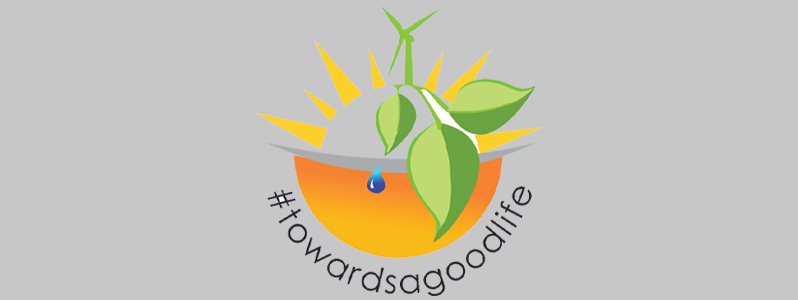WE are only just starting to witness the fall of global capitalism, an event which has been widely exacerbated by the onslaught of COVID-19. Since last year, the world market has been operating in somewhat of a financial bubble with many of the world’s leading financial institutions warning that the likelihood of another global recession similar to the 2008/09 financial crash would be imminent. Then we had COVID-19 at the end of last year.
Coincidentally, the virus originated in China, the global marketplace and one of the key manufacturing nations. The supply chain was effectively broken when China instituted a lockdown of its many manufacturing provinces, cities and the country overall. This move would have a devasting effect on the global financial market and has certainly contributed to the financial market’s current volatility as it limps towards an unavoidable crash.
It is no secret that we live in a deeply-capitalist society and it is also no secret that capitalism has helped to entrench inequality amongst the world’s collective population.
Aside from the powerful governments of the world and a handful of equally-powerful corporations, capitalism has no friends among the proletariat and working-class citizens of the world. Capitalism and democracy are also deeply interconnected. The world’s most deeply capitalistic societies are also those that champion democracy. The advocates of democracy are also fierce proponents of capitalism, notwithstanding its detrimental effect on the working class and its impact on human rights and the rule of law.
There are many victims of capitalism. The essential purpose of a capitalist enterprise is to make as much money as possible. There is not consideration on the impact that concentrated wealth is able to have on the lives of ordinary people. For instance, the United States of America is a capitalist democracy in that the nation’s wealth is primarily in the hands of the government and a tiny minority of corporations. The onslaught of COVID-19 has helped to bring to light the effects of such wealth inequality as the USA has been widely criticised for its inability to meet adequately, the demands of the current socio-economic crisis which COVID-19 has laid bare. We see this in the USA’s inability to at least, provide personal protective equipment to its healthcare workers and their overall preparedness to adequately handle the pandemic. The state’s ability to provide state welfare services to the millions of citizens who have lost their jobs at this time is also being criticised. Although a financial stimulus package has been announced, its impact will be limited for a number of reasons.
We are only just starting to see the buds of disaster capitalism take shape. I recently consumed some information on how the Chinese economy is expected to recover from COVID-19. Being one of the main manufacturing nations, China all but has the monopoly on the global marketplace. The information I read noted that pharmaceutical companies’ shares have grown hundreds of percentage points since the current crisis. The demand for medical and personal protective equipment is currently unmet by most companies except for a few Chinese companies which are capitalising on the demand for these items. More locally, we have seen that business owners are prepared to raise their prices due to the increased demand for certain products. Whilst none of this is unexpected, for the capitalist business mindset is to make as much money as possible with little regard for anything else. We cannot be surprised that price gouging has started to happen already.
Further, like the USA, most governments have introduced far sweeping and restrictive legislation overnight which has completely eroded many of the freedoms we enjoyed prior to the COVID-19 global pandemic. Amidst increasing pressure from civil society, our own government here in Guyana has implemented a curfew and has widely restricted citizens activities to all but essential needs. The effect is that people who are dependent on the system are left wanting. There has been no announcement of any financial stimulus packages here in Guyana, so we are only left to question what will become of Guyanese who are unable to take care of their needs due to the global health pandemic. All of this must also be understood in our own current political circumstance in that a government has not been sworn-in and so there are budgetary confines which might prevent the current administration from engaging the public purse until such time as we conclude our elections process. Nonetheless, ordinary citizens are in a financial quandary.
We are living in unprecedented times that require a strong civic response least we journey further down the road to complete barbarism. Governments and leaders have a very clear choice to make at this pivotal juncture in our global history, they may choose to implement even more barbaric policies as we sleepwalk into authoritarianism and the complete disregard for the democratic and human rights principles which underpin our constitutions. Or, civil society will push back and demand a restructuring of the economy and consequently, our society. The choice is ours.



.jpg)










